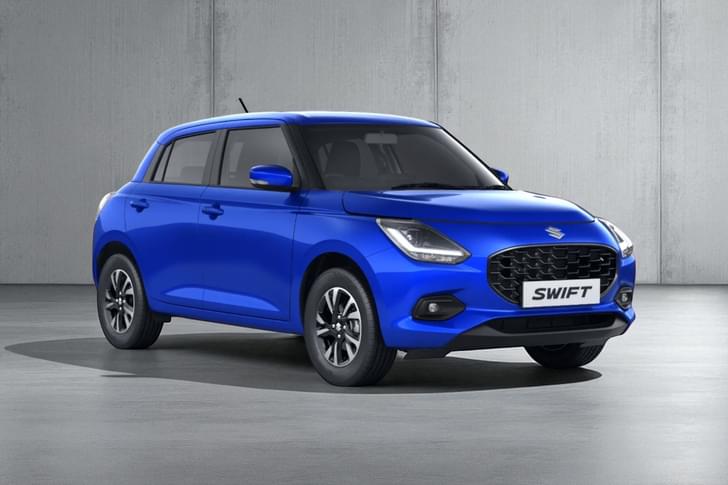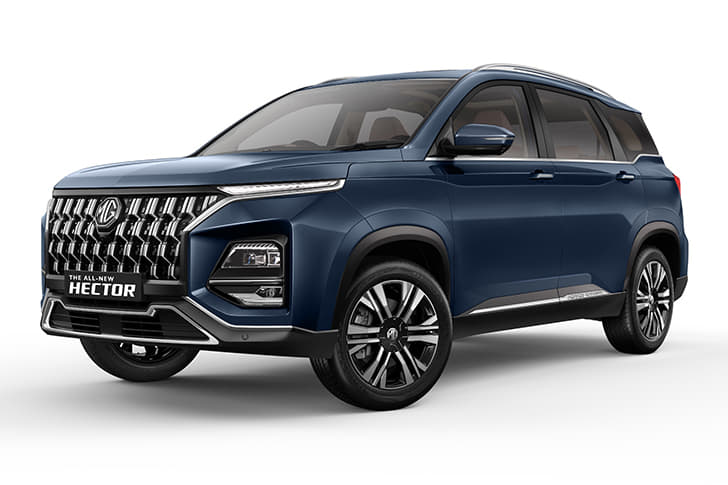Japanese automaker Suzuki Motor Corporation, which has 56.21 percent stake in the country’s largest carmaker Maruti Suzuki India, has announced the laying of the foundation stone for the country’s first lithium-ion battery manufacturing plant along with an expansion of capacity at its Hansalpur plant in Gujarat.
The day saw Japanese Prime Minister Shinzo Abe and India’s PM Narendra Modi officially inaugurate Suzuki Motor Gujarat's manufacturing plant for cars and engines in Hansalpur and lay the foundation stone for India’s first lithium-ion battery plant, which is being set up jointly between Suzuki Motor, Toshiba and Denso to make electric and hybrid cars in India for global use.
Suzuki Motor Corporation has invested nearly $530 million (Rs 3,348 crore) in its first assembly line at the Gujarat facility, while a total of $180 million (Rs 1,137 crore) has been invested between Toshiba, Denso and Suzuki for the lithium-ion battery manufacturing plant slated to be ready by 2020.
The manufacturing operation will utilise cell modules from Toshiba, while Denso will contribute its expertise by sharing the technology platform. The battery joint venture sees the equity stake split between Suzuki (50 percent), Toshiba (40 percent) and Denso (10 percent). Suzuki Motor Corporation, which is the main driver for the JV, will be aiming to drive home the advantage of manufacturing lithium-ion batteries in its key global market – India – where the government is keen tp promote greater adoption of electric vehicles (EVs).
The lithium-ion battery manufacturing plant will manufacture and supply EV batteries to the Suzuki plant in Gujarat, which will manufacture electric and hybrid cars for export. Given the heightened focus on all-electric mobility in India by the year 2030, Maruti Suzuki India will gain significantly from this all-Japanese JV.
Maruti Suzuki India, which has a commanding 50.87 percent share of the Indian passenger vehicle market (April-August 2017), seems to have an eye on the future EV market in the country.
Addressing shareholders at the company AGM on September 6 and commenting on plans for EVs, chairman R C Bhargava had said: “Your company will not hold back in the segment. As soon as we can determine the customer preference, we will come up with such models. In the meantime, focus will be to increase fuel efficiency (in current models) and bring in new technologies.”


































